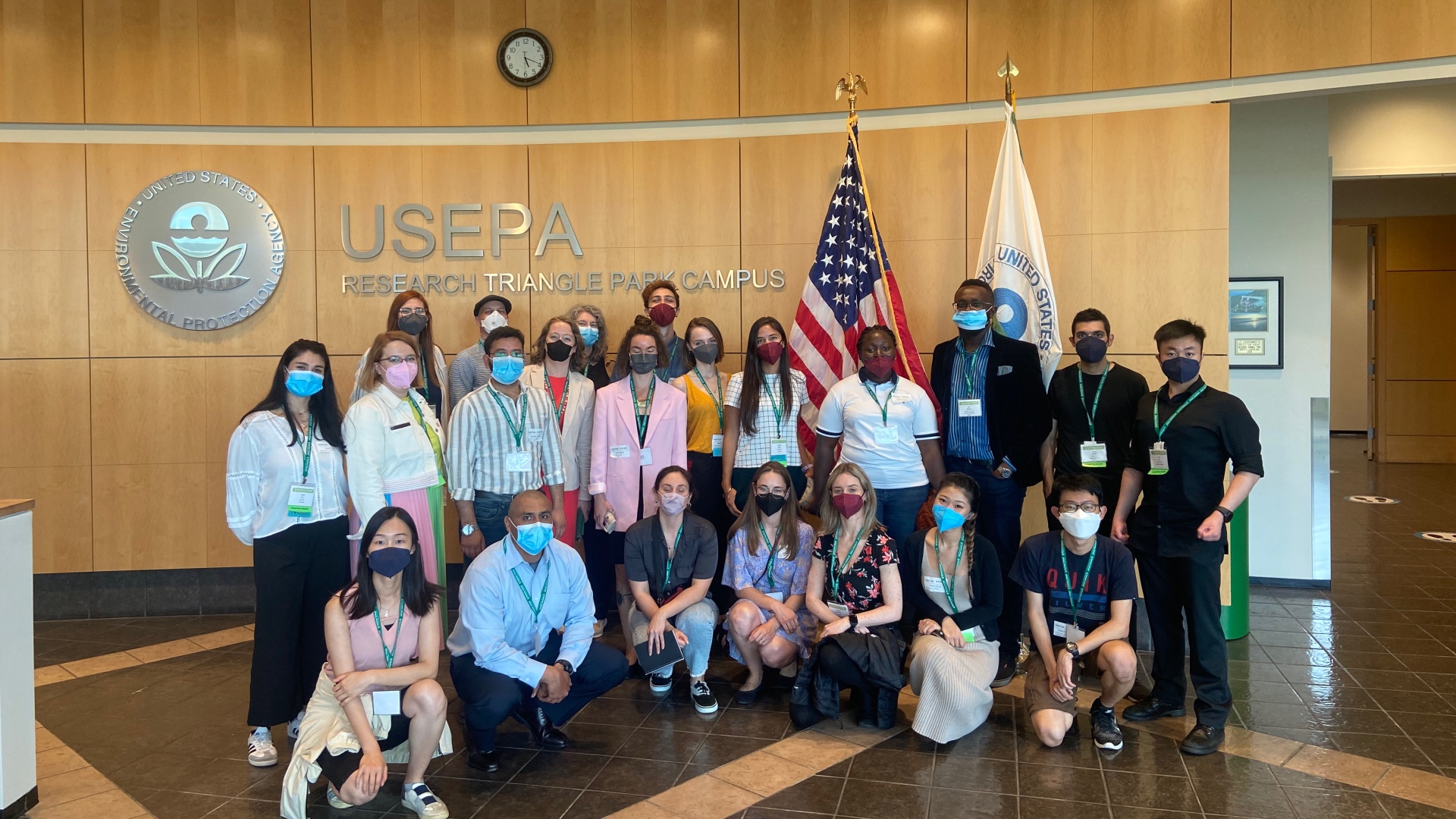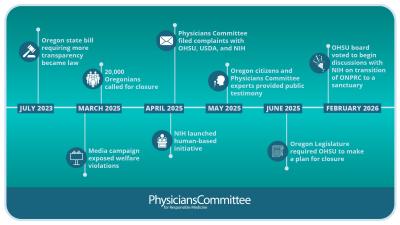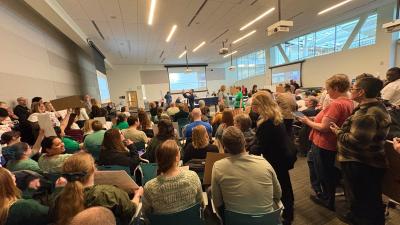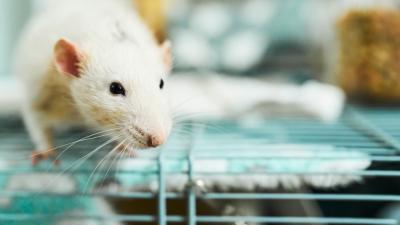Physicians Committee Trains Up-and-Coming Scientists in Nonanimal Approaches

Over 150 students and early-career researchers attended the Physicians Committee’s Summer School on Innovative Approaches in Science to learn about innovative methods to reduce and replace animal tests in toxicology and biomedical science.
The Summer School on Innovative Approaches in Science was held in early June at the North Carolina Biotechnology Center. The four-day event aimed to speed up progress in ethical and effective scientific research by supporting a new generation of scientists who utilize and champion nonanimal methods for research and testing. To address the diverse needs of students and early-career researchers, the Summer School offered two tracks—toxicology and biomedical science, featuring specific applications of current innovative nonanimal methods. The program consisted of scientific talks, career development workshops, poster presentations, laboratory tours and demonstrations, networking opportunities, and more.
The program featured 25 scientific lectures, including keynotes by pioneers in the field from Unilever, Johns Hopkins University Center for Alternatives to Animal Testing, and the National Toxicology Program Interagency Center for the Evaluation of Alternative Toxicological Methods. Other expert speakers joined from the U.S. Environmental Protection Agency (EPA), the University of Pittsburgh, the European Commission Joint Research Centre, North Carolina State University, L’Oréal, the Physicians Committee, and more. Attendees also heard from an independent journalist and her companion animal, Hammy, a beagle who spent the first four years of his life in an animal testing laboratory. They gave the audience a sense of life in and out of the laboratory and of the many challenges he faced early on in his life outside the cage. The duo now travels around the country to raise awareness about animal testing and to encourage scientists to use more relevant and humane, nonanimal methods for research and testing.
Two in-depth training opportunities were offered to attendees. Scientists from Unilever taught participants about Next Generation Risk Assessment and how safety decisions are made without harming animals and an expert from TissUse demonstrated how organ-on-chip technology is used to make safety and efficacy evaluations using human-relevant methods.
Laboratory tours and demonstrations were conducted at the U.S. EPA and Duke University’s Pratt School of Engineering. Three professional development workshops, as well as sessions on science policy, science communication, and networking events, were offered throughout the week.
The event attracted attendees from all over the world, including early-career scientists who traveled from Brazil, Ireland, Argentina, Cameroon, India, Germany, Columbia, and Canada, among others, to join the meeting in person. Many attendees presented their nonanimal research during the scientific poster sessions. Awards were given to poster presentations that scored the highest rating by their peers. Sponsored travel grants were also awarded.
Congratulations to the following award winners:
The American Society for Cellular and Computational Toxicology Travel Award was presented toEnzo Zini Moreira Silva, a Ph.D. candidate at the In vitro (Eco)Toxicology Laboratory at the Federal University of Paraná in Brazil.
Three Physicians Committee’s Early-Career Researchers Advancing 21st Century Science Travel Awards were presented to 1) Alyssa Cavalier, a PhD student at the Health Span Biology Laboratory at Colorado State University, 2) Sasan Jalili, PhD, a Ludwig Postdoctoral Fellow at the Koch Institute for Integrative Cancer Research at the Massachusetts Institute of Technology, and 3) Shreyas Gaikwad, a PhD student in Pharmaceutical Sciences at Texas Tech University Health Sciences Center.
Two PETA Science Consortium International’s Travel Awards were presented to 1) Tiffany Yanez Zapata, a Regulatory Toxicologist at Diversey, and 2) Elena Chung, a Ph.D. candidate in Computational and Integrative Biology at Rutgers University.
Three People’s Choice Poster Awards, as voted by speakers and attendees, were presented to 1) Vanessa Bittencourt, 2) Elena Chung, and 3) Tiffany Yanez Zapata.
The Physicians Committee is thankful to everyone who participated in the Summer School on Innovative Approaches in Science, including the speakers, participants, and organizers, whose participation made this program a success. Resources from the event are available here.







